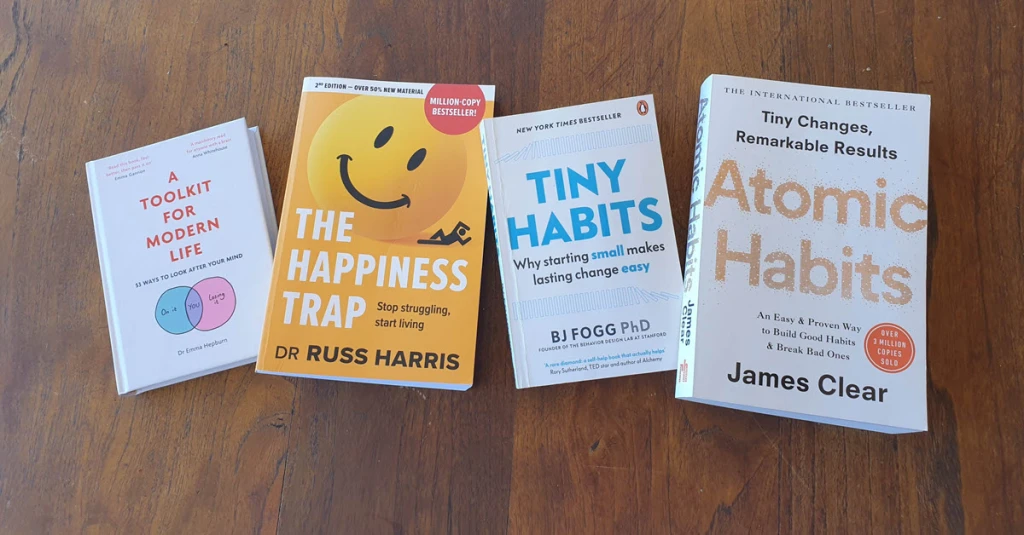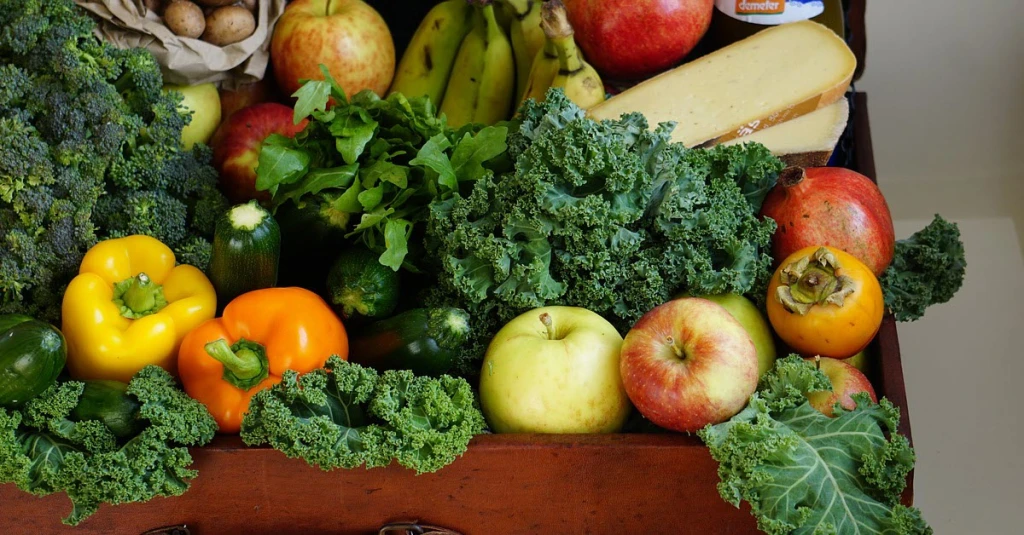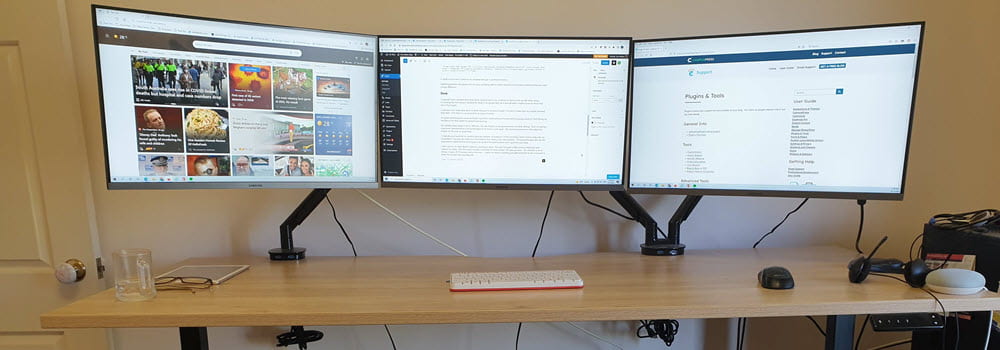Beth Kanter and Amy Gahran have been discussing their use of twitter has meant they are less inclined to social bookmark items using del.icio.us. While twitter offers immediate gratification and connection with people plus heads-up of latest news/resources it is less ideal for retrieval and sharing at later dates.
Beth thoughts are:
- If we add tags to Twitter we have a merge between object sharing and people sharing. What’s nice it is that with social booking sites like del.icio.us, it is difficult to know who has shared the item unless their account is appropriate marked. This combination of tagging and tweets gives you both.
- She is hoping that those nptechers on twitter might adopt using hashtags and share information this way however she can’t figure out how to subscribe to the RSS feed for #nptech at hashtags.
My thoughts, after spending considerable time previously investigating how to get more out of using twitter, would be to use TweetScan rather than hashtags. TweetScan locates all tweets, by any twitter user, that include the term you use (thanks Alan Levine for telling me about TweetScan). With TweetScan you can choose to:
- Subscribe to the RSS feed for the tracking term using your feed reader
- or join TweetScan and have the search results email to your daily or weekly. Via email can use up to 5 search terms.
I use TweetScan for tracking people’s replies to my twitter name dswaters and any other variations people have used e.g. suewaters. However TweetScan is just as useful for tags like nptech.
To work effectively with a group, you would need to ask all twitters to use the required tag term within their tweet and teach them how to effectively subscribe to the RSS feed.
FINAL THOUGHTS
This is my solution for Beth. Do you have a better recommendation for her? Or are there other Twitter tools that she should also consider using?




Leave a comment